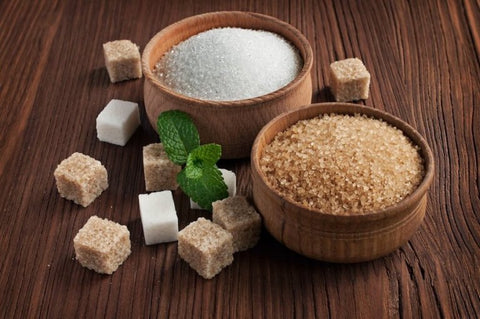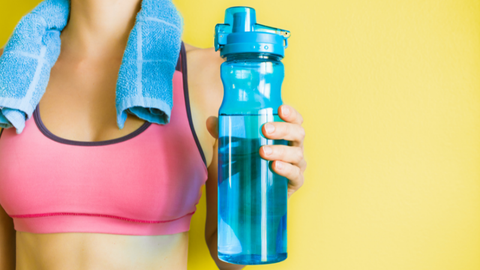
Sugar is the main sweetener in many products that we consume regularly, including all kinds of beverages, so: how can this substance be directly related to dehydration?
It’s true that many fresh and sugary drinks, such as soft drinks or juices, can give us some energy. But their excessive intake could cause our body to lose valuable fluids, reducing our cellular function and causing all kinds of health damage.
EXCESS SUGAR AFFECTS THE BLOOD
When we consume foods or drinks with sugar, those foods and drinks are automatically located in the blood, which gives us an increase in energy. The problem is that the saturation of this substance in the bloodstream causes the water in our cells to detach and be sent to the blood to counteract the excess sweet, causing the tissues to dehydrate.
The body reacts between 5 and 10 minutes later, causing the first reaction of lack of water: thirst. If the sugar remains more signs will continue to appear, such as tiredness, confusion or increased urination, being a natural reaction of the body to eliminate sugar, which can lead to valuable electrolytes and trigger a serious dehydration problem.
SUGAR, DEHYDRATION AND DIABETES
Too much sugar circulating in the body also causes the pancreas to release insulin to reduce its amount. However, people living with diabetes cannot perform that function properly, which can lead to all kinds of complications.
WHAT CAN WE DO TO AVOID DEHYDRATION FROM EXCESS SUGAR?
Balance is the key. It’s recommended to eat a balanced diet and consume fruits, vegetables and liquids to avoid dehydration. In addition, we must take special care not to exceed our sugar intake. According to the World Health Organization (WHO), the average sweet consumption should not exceed 25 grams per day, which is equivalent to 5% of daily calories.
Remember that the sugar we consume daily is not only found in cookies, sweets and candies, but also in various processed and even salted products.
Avoid dehydration by limiting your sugar intake every day!
SOURCES:
1) Michael Graw, La ciencia. El efecto de la sal y el azúcar en las células deshidratadas, 2017.
2) Alexa W., ¿Comer azúcar te deshidrata?, Livestrong, 2017.
3) Muy Interesante, ¿Cuánta azúcar es recomendable tomar al día?



